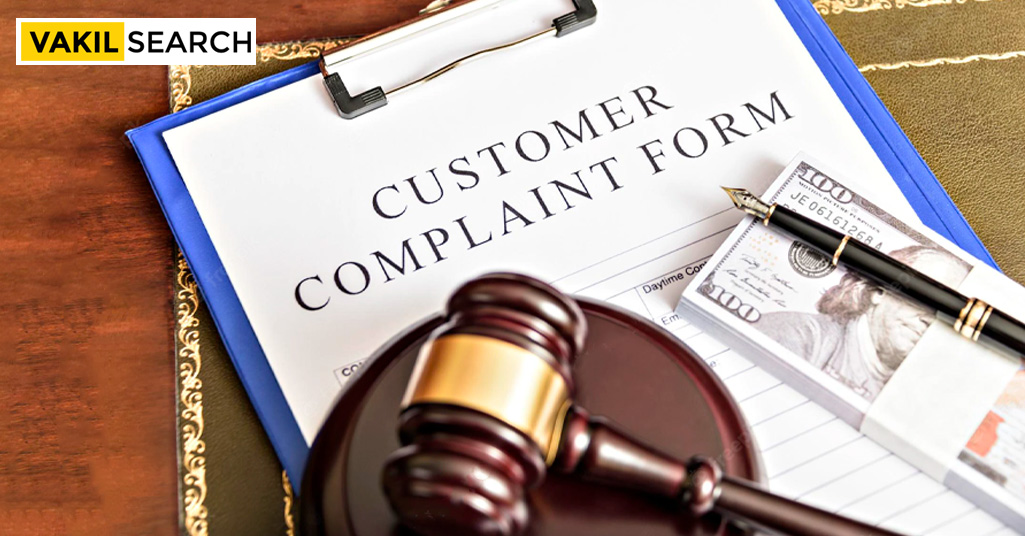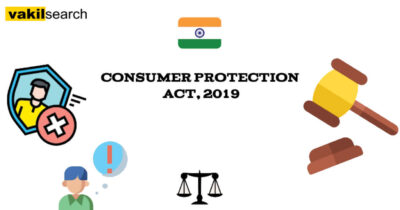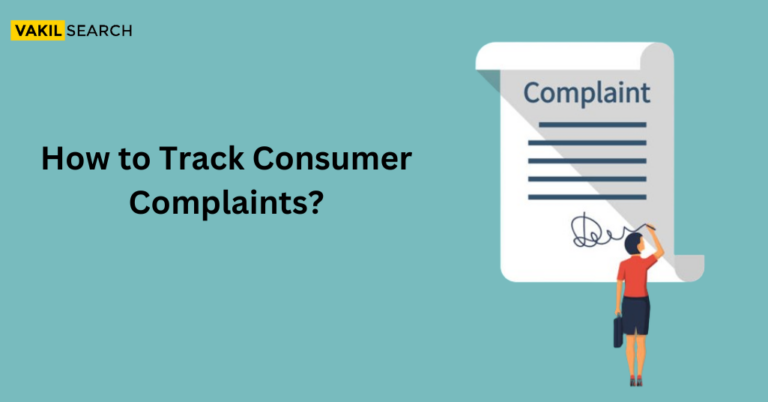Protecting the interests of consumers and buyers became crucial to preventing this harm to consumers. Since then, the importance of consumer protection has increased. To govern the consumer court case, there exist many acts and laws.
Introduction
Protecting customers from dishonest or exploitative practices is a goal shared by numerous consumer and non-governmental Organisations. Know about Consumer Court Case- Role of Consumer Organisations. They are crucial in teaching customers about the numerous unethical business practices, exploitation tactics, and dishonest practices in the market and informing them of their legal rights. They also take the initiative to pressure companies engaging in such practices to cease promptly and promote social welfare. Consumer Organisations are a focused group that protects the public from corporate exploitation by business owners, such as selling dangerous goods, predatory financing, deceptive advertising, and environmental pollution. Even during protests, consumer Organisations could continue to operate. Consumer organisations are now dominant in encouraging consumers to speak out against businesses that exploit them by peddling subpar and defective goods. To prepare students’ academic programs while considering consumers’ interests in society, consumer rights are also taught in educational institutions. We’ll learn about consumer court cases and rights forums in India during our talk.
Role of Consumer Organisations
Privatisation is the primary mode of production in a market-based or capitalist economy. Additionally, consumers are still solely accountable for the things they choose. These manufacturing firms have grown into large, well-organised organisations with a strong hold on all the products on the market due to the changing times. In contrast to those under the supervision of democratic or other kinds of government, such private firms exclusively have financial gain as their goal. As a result, product tampering and adulteration have been done to increase profits deceitfully. Or, on occasion, they use deceptive marketing techniques to trick customers into parting with their hard-earned cash. This occurs more frequently when any privately held businesses offer goods or services.
When victims encounter such company entities, they often find themselves powerless to recover their stolen funds or obtain relief from their suffering. By the end of the 19th century, a number of movements for the defence of consumers against massive corporations had begun to take shape. All around the world, these movements result in consumer organisations. These organisations were created to represent all customers who are subject to abuse. They frequently pursue legal action, protests, campaigns, or nonviolent dissent. These non-governmental organisations are constantly working to gather information and survey results regarding product testing and user experiences for various goods and services. The information acquired enables them to identify unethical business activities and raise public awareness.
Role of Consumer Organisations and NGOs
These consumer and non-governmental organisations carry out a variety of tasks (NGOs). As follows:
Populace’s General Education
The responsibility for teaching customers is taken on by consumer associations, organisations, or nonprofit groups. They enlighten them about their rights and obligations while in the market and engaging in any transaction, which helps them avoid dishonest practices like selling defective goods, abusing the right to information or the right to choose, etc.
Creating Magazines and Journals
These consumer organisations, often known as non-governmental organisations (NGOs), publish periodicals, journals, publications, magazines, or monographs on various consumer issues, court cases and reports, and consumer remedies for various unfair business practices.
Gathering Information About Various Products and Testing Them
These organisations or groups maintain information on the numerous goods sold and then test them to produce reports on the goods and their evaluations. As a result, customers are better informed about the range of products available, their ingredients, and brand comparisons with competing items.
Encouragement of Anti-Exploitation Protests
These groups are very active and work hard to protect consumers’ rights. As a result, they educate customers about their rights and empower them to speak out against injustice. To stop unfair business practices, unethical behaviour, exploitative behaviour, or other malpractices such as the sale of substandard goods, adulteration, black marketing, etc, they urge and inspire customers to protest or pursue legal notice under consumer protection act vigorously.
Submitting Claims to Consumer Courts
Consumers frequently hesitate to file complaints independently after being encouraged by consumer associations or NGOs. As a result, these associations or associations themselves file a consumer complaints against the seller engaging in unfair trade practices in the appropriate consumer court. These consumer courts also include the district forum, which hears complaints about products whose price, in addition to the compensation sought, is up to ₹20 lakh. Also, the state commission hears complaints about products or services whose price, along with the compensation sought, is between ₹20 lakh and ₹1 crore. In addition, the national commission hears complaints about products whose price, along with the compensation sought, is above ₹1 crore.
Lawsuit Filing in the Public Interest
These groups work to promote the well-being of society and individuals. To protect the interests of the general public, they bring a case against anyone they identify as engaging in market exploitation or unfair trade practices. Black marketing, adulteration, hoarding of false or misleading advertisements, etc., are examples of cases.
Acts As a Body for Resolving Complaints
When a seller or manufacturer learns that a customer is speaking with them about their complaints, they take the situation seriously and address the issue as quickly as feasible. These NGOs and consumer groups are also in touch with the vendors or manufacturers, which aids in the prompt resolution of customer complaints.
Conclusion:
Consumers are seen as the foundation of economic growth. NGOs are crucial in laying the groundwork for consumer protection and promotion. They provide consumer education through training programs, workshops, and journal publications. The NGO informs the client of the legal options for consumer protection. They aid consumers in seeking redress and assist them in doing so. Customers are urged to protest their exploitation by them. In brief, NGOs educate consumers on their rights, advocate against exploitation, and support them in pursuing the redress of grievances.










